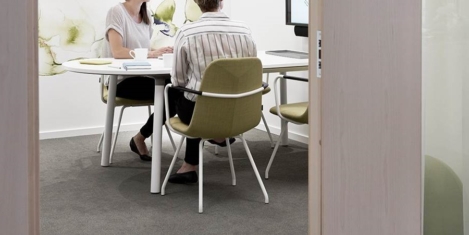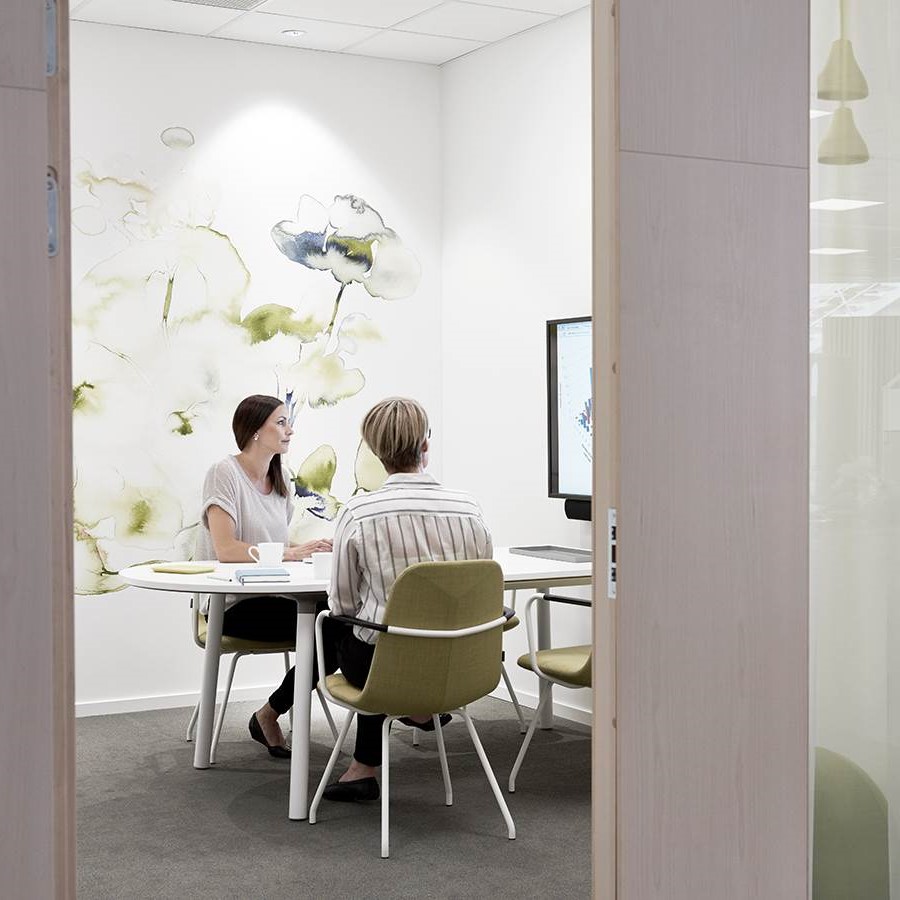To provide the best experiences, we use technologies like cookies to store and/or access device information. Consenting to these technologies will allow us to process data such as browsing behaviour or unique IDs on this site. Not consenting or withdrawing consent, may adversely affect certain features and functions.
The technical storage or access is strictly necessary for the legitimate purpose of enabling the use of a specific service explicitly requested by the subscriber or user, or for the sole purpose of carrying out the transmission of a communication over an electronic communications network.
The technical storage or access is necessary for the legitimate purpose of storing preferences that are not requested by the subscriber or user.
The technical storage or access that is used exclusively for statistical purposes.
The technical storage or access that is used exclusively for anonymous statistical purposes. Without a subpoena, voluntary compliance on the part of your Internet Service Provider, or additional records from a third party, information stored or retrieved for this purpose alone cannot usually be used to identify you.
The technical storage or access is required to create user profiles to send advertising, or to track the user on a website or across several websites for similar marketing purposes.
 According to new research by market researchers IPSOS and EPOS, 95 percent of audio end-users and decision makers experience problems relating to sound that affect their concentration or efficiency at work. Common complaints include being disturbed by loud colleagues (50 percent), overall noise levels in working environments (48 percent) and interruptions from colleagues (46 percent). (more…)
According to new research by market researchers IPSOS and EPOS, 95 percent of audio end-users and decision makers experience problems relating to sound that affect their concentration or efficiency at work. Common complaints include being disturbed by loud colleagues (50 percent), overall noise levels in working environments (48 percent) and interruptions from colleagues (46 percent). (more…)










 Following reports that job applications on the first working Monday of the New Year spiked by 89 percent compared to the average Monday in December, many UK businesses may be missing a trick in their efforts to retain staff, new research has suggested. When researchers commissioned by
Following reports that job applications on the first working Monday of the New Year spiked by 89 percent compared to the average Monday in December, many UK businesses may be missing a trick in their efforts to retain staff, new research has suggested. When researchers commissioned by 
 Getting on well with colleagues gives workers greater job satisfaction than having a good salary, new research has claimed. “
Getting on well with colleagues gives workers greater job satisfaction than having a good salary, new research has claimed. “




















March 19, 2020
Will coronavirus mean the death of the office?
by Mark Eltringham • Comment